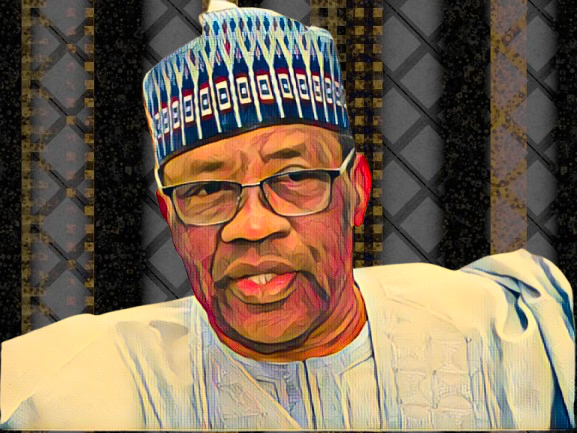KEY POINTS
- Babangida asserts that his government took substantial part in advancing media freedom throughout the country.
- Through his implemented policies Babangida believes Nigeria achieved its contemporary media structures together with unrestricted press operations.
- Media sector growth took place under his watch whereas his administration faced a range of detrimental political issues.
Ibrahim Badamasi Babangida (IBB) confirms that media liberation and freedom of speech in Nigeria began under his presidency.
Babangida explained his leadership policies for media freedom expansion and private ownership reform in his recently published autobiography A Journey In Service.
Media liberalization under Babangida
During his 1985-1993 rule Babangida established that his government significantly built democratic values through an active and independent media sector. Nigeria possesses a strong national press which continues to thrive even with its previous conflicts between ministers and reporters.
The media functions today as a powerful national symbol of which Nigerians take pride. The strong state of media in Nigeria stands as a strength that everyone agrees exists, according to his writing.
The administration of Mr. Babangida continued to assist media diversity by reducing ownership barriers so multiple voices could flourish across Nigeria.
The role of media in democracy
The former Nigerian President viewed his government policies as tools to develop freedom of expression throughout the country. He demonstrated his policies’ effectiveness by presenting the large number of media organizations including radio stations television stations and digital news companies.
Today it is difficult to estimate the number of radio stations and television stations and real-time and online print media operating across our country he stated borrowing from the famous Chinese proverb “Let a million flowers bloom.”
In his retired state Babangida continues to participate in national conversations by giving interviews and sharing his ideas to guide national developments. According to Babangida Nigeria achieves national strength through its multiple opinions.
During his time in power Babangida witnessed major media improvements alongside troubling incidents involving limitations of press freedoms as well as political restrictions. His statements will certainly spark renewed evaluation of his political contributions to Nigerian democratic history.


